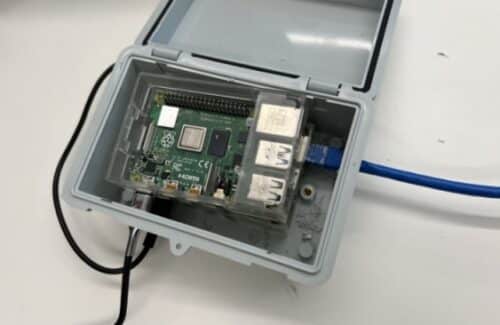Engineers from University of New South Wales combined wireless signals and artificial intelligence for more accurate detection of fire in dangerous situations.

Image Credits: Aruna Seneviratne.
The team of researchers has combined the distinctive patterns in the data form from radio signals from various fire events with the AI. This enables real-time analysis of the environment. The system can determine the atmospheric changes with greater accuracy and can trigger an automatic sprinkler system or alarm on fire.
The new fire detection system developed at UNSW uses the fact that the Wi-Fi waves have various transmission frequencies called subcarriers. These frequencies are impacted in different ways similar to that of the light wavelengths. The new Wi-Fi sensing system merges the effect of the environmental change and applies data processing to identifying the most sensitive frequency.
Prof. Seneviratne says the new technique is important to enhance the automatic fire detection systems. The currently used fire detection systems find it difficult to differentiate between a fire and a bright neon light.
The team believes that their system can be used in a wide range of environments, including high commercial buildings, industrial locations and also in homes. Assembling an array of transmitters and receivers helps in identifying the zonal location of the fire specifically. Also, it can help the emergency services to respond efficiently and quickly.
Along with the improved sensing, the Wi-Fi system also promises to be way cheaper than the existing thermal imaging camera technology. It is also easy and cheaper to maintain these systems regularly.
“As the air temperature changes, so does its density, and that changes the signature of the reading when we receive the signal. In fact, we have experimentally demonstrated that these changes are strongly correlated with the rise or fall of temperature in the environment between transmitter and receiver.”






